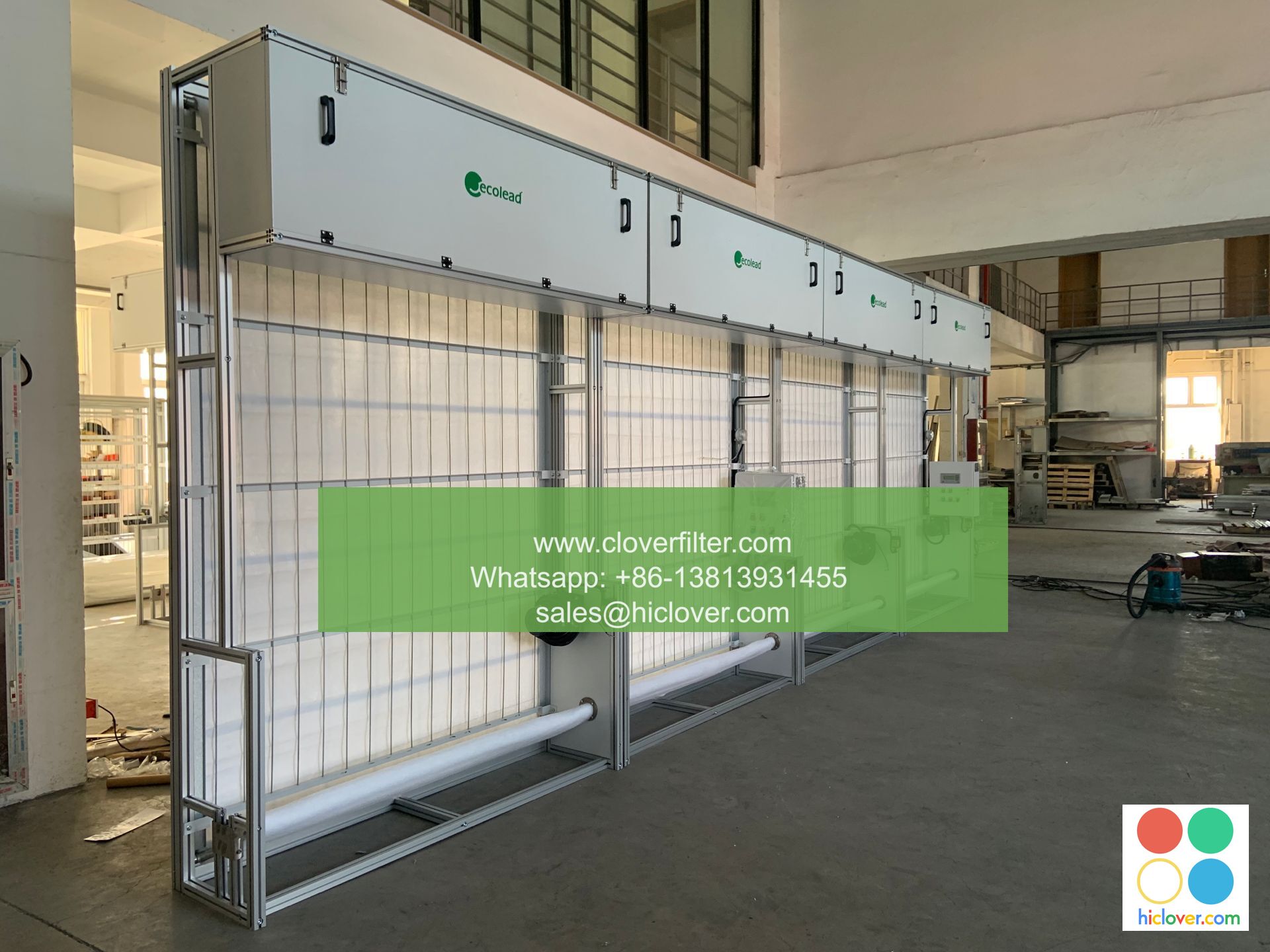How to Choose the Right Energy-Efficient Air Filter for Your Home Theater

Energy-Efficient Air Filters for Your Home Theater: A Guide to Optimal Performance and Savings
Introduction
When it comes to creating an immersive experience in your home theater, a well-maintained and energy-efficient air filter is essential. Not only does it improve indoor air quality, but it also helps to reduce energy consumption and extend the lifespan of your equipment. In this article, we’ll provide you with a comprehensive guide on how to choose the right energy-efficient air filter for your home theater, highlighting key considerations and application areas.
Understanding Energy-Efficient Air Filters
Energy-efficient air filters are designed to provide optimal air filtration while minimizing energy consumption. They typically use advanced technologies, such as HEPA (High Efficiency Particulate Air) or MERV (Minimum Efficiency Reporting Value), to capture fine particles and pollutants. These filters are ideal for home theaters as they help to:
- Reduce dust and particle buildup on equipment and screens
- Improve indoor air quality by capturing pollutants and allergens
- Increase system efficiency by reducing airflow resistance
- Save energy by minimizing fan power consumption
- Filter Type: HEPA, MERV, or Activated Carbon filters offer varying levels of filtration efficiency. HEPA filters are ideal for capturing fine particles, while MERV filters are better suited for larger particles.
- Filter Size: Ensure the filter size matches your system’s specifications to avoid airflow restrictions.
- Filter MERV Rating: MERV ratings range from 1-20. A higher rating indicates better filtration efficiency.
- Filter Replacement: Consider the replacement frequency to minimize downtime and maintenance.
- System Compatibility: Verify the filter is compatible with your home theater’s HVAC system.
- Media Room: Captures dust and particles that settle on screens and equipment, improving image quality.
- Home Cinema: Reduces noise and improves air circulation around speakers and projectors.
- Game Room: Eliminates dust and allergens, creating a cleaner and healthier gaming environment.
- Home Theater System: Reduces energy consumption and extends equipment lifespan.
- Filtrete: Offers a range of energy-efficient filters, including HEPA and MERV-rated options.
- Fiberglass Filters: Provides energy-efficient filters with MERV ratings up to 16.
- AirPure: Offers advanced HEPA and MERV-rated filters for optimal air filtration.
Key Considerations for Choosing the Right Air Filter
When selecting an energy-efficient air filter for your home theater, consider the following factors:
Application Areas for Energy-Efficient Air Filters in Home Theaters
Energy-efficient air filters are essential in various areas of your home theater:
Top Energy-Efficient Air Filter Brands
Some top energy-efficient air filter brands for your home theater include:
Conclusion
Choosing the right energy-efficient air filter for your home theater is crucial for maintaining optimal performance, indoor air quality, and energy efficiency. By considering key factors such as filter type, size, MERV rating, replacement frequency, and system compatibility, you can ensure a seamless and enjoyable viewing experience. Remember to highlight the application areas where energy-efficient air filters are essential and explore top brands for optimal performance.
I’m happy to help with a prompt! What would you like to talk or think about? Do you have a specific topic in mind, or are you open to suggestions?


